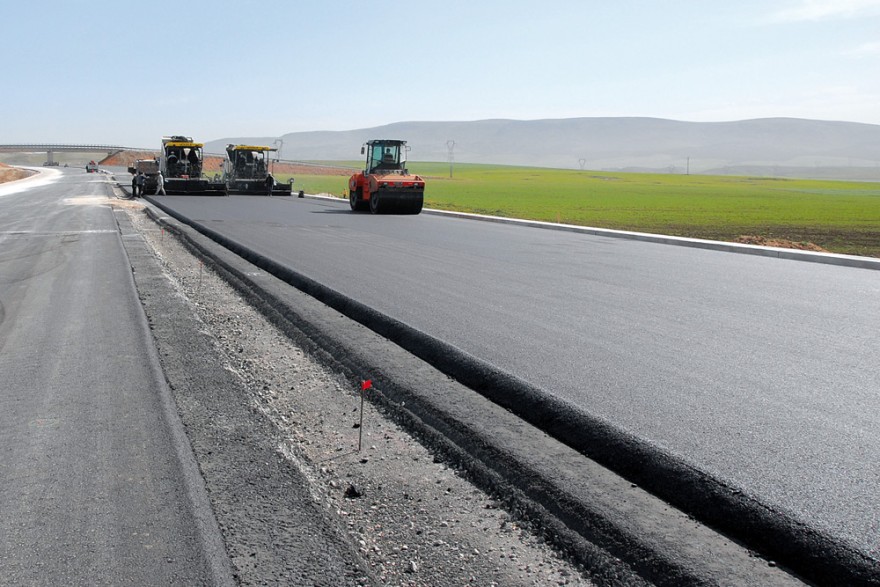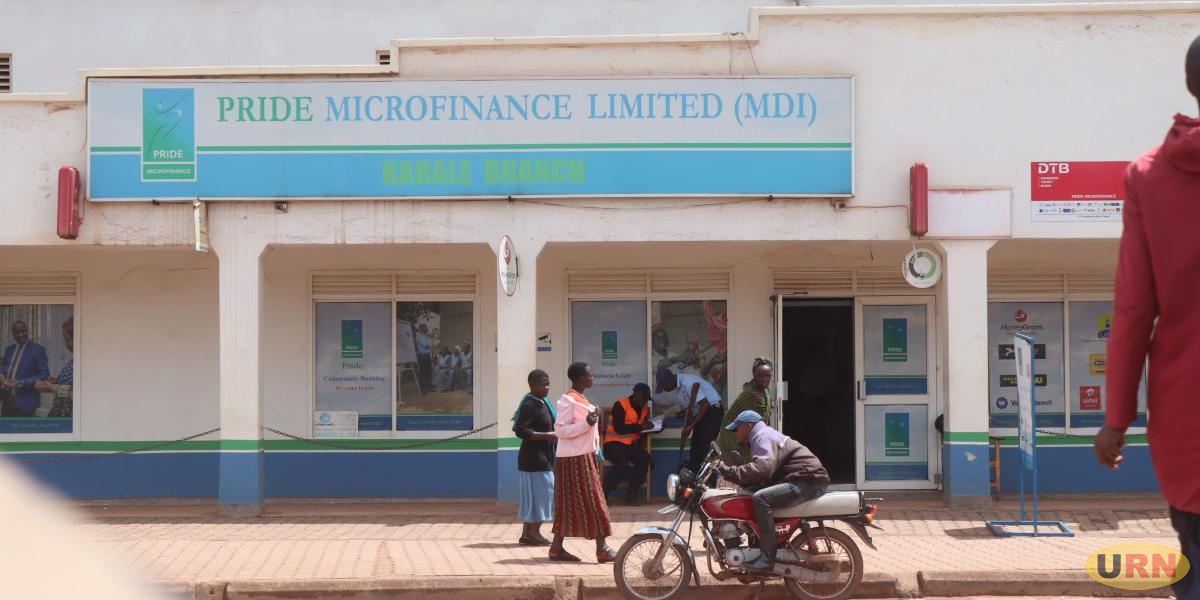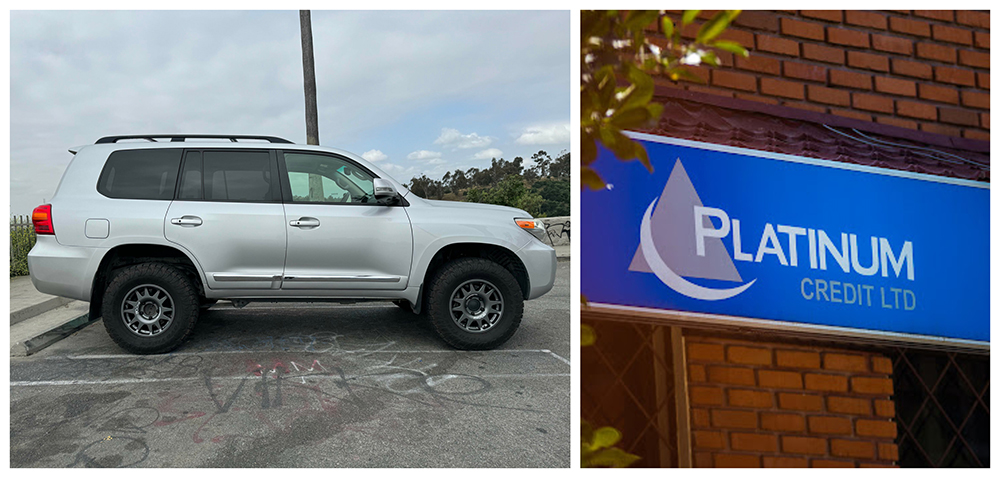The Court of Appeal has partially overturned convictions in the Katosi-Nyenga upgrade corruption case freeing Joe Ssemugooma, the former head of finance at UNRA, while upholding the sentence for Apollo Senkeeto, who procured the contractor.
The decision, delivered on August 22, 2025, stems from a 2018 trial over alleged fraud in the procurement of the Mukono-Kyetume-Katosi/Kisoga-Nyenga road upgrade, where government funds worth over Shs 24.7 billion (about $6.7 million) were advanced to a questionable contractor.
The case centers on accusations that officials at the Uganda National Roads Authority (UNRA) and others bypassed proper checks, leading to the payment of a massive advance to a company that turned out to be misrepresented.
Prosecutors claimed forged bank guarantees and securities were used to secure the funds, resulting in charges like abuse of office, neglect of duty, theft, uttering false documents, and causing financial loss under Uganda’s Anti-Corruption Act and Penal Code.
Origin
The controversy began in 2013 when UNRA awarded a contract to upgrade the 74-kilometer road to Eutaw Construction Company, a U.S.-based firm. However, investigators alleged that Apollo Senkeeto, posing as the company’s local representative, submitted fake documents, including performance and advance payment bonds from banks like Housing Finance Bank. An advance payment of Shs 24.7 billion was released before full due diligence, sparking claims of corruption.
In the 2018 trial at the High Court’s Anti-Corruption Division, presided over by Justice Lawrence Gidudu, Ssemugooma was convicted of abuse of office while Senkeeto was found guilty of theft, uttering false documents (six counts), and obtaining securities by false pretense (two counts). He was sentenced to up to five years.
Wilberforce Senjako, an accountant at UNRA, was also convicted of corruption and sentenced to five years.
Other suspects, including the former minister of Works Abraham Byandala; UNRA’s former executive director Berunado Ssebugga Kimeze; Marvin Baryaruha (UNRA legal officer), and banker Isaac Mugote, were acquitted of charges like abuse of office, causing financial loss, and conspiracy.
Ssemugooma, Senkeeto and Senjako appealed their sentences and convictions, arguing weak evidence and procedural errors. The state countered with its own appeal seeking to reverse the acquittals and impose refunds.
A panel of three judges—Justice Geoffrey Kiryabwire, Justice Muzamiru Kibeedi, and Justice John Oscar Kihika— reviewed the evidence and dismissed the state’s appeal entirely, upholding all acquittals. This means Byandala, Kimeze, Baryaruha, and Mugote remain free, with the court finding no proof of deliberate wrongdoing or financial loss to the government.
The judges noted that while irregularities occurred, the prosecution failed to show intent or actual harm, especially since some road work was completed using part of the funds.
For the convicts’ appeal, the court ruled that Ssemugooma’s convictions for neglect of duty and abuse of office be set aside. The court found insufficient evidence that he personally neglected verification duties or acted corruptly. He was ordered released immediately unless facing other charges.
As for Senkeeto his theft conviction was overturned, as the court agreed that the advance money was partly used for legitimate road works, including payments to the real U.S.-based Eutaw and subcontractors like CICO Uganda, plus buying equipment.
However, his convictions for uttering false documents and obtaining securities by false pretence were upheld. He must serve adjusted sentences: about 2 years and 3 months for false documents, and 4 years and 3 months for false pretense (after deducting time already served).
Senkeeto’s bail was canceled, and he faces immediate arrest.
Senjako’s appeal was dismissed. The court confirmed he neglected his duty to properly verify securities, including sending a verification email to the wrong bank contact, which allowed forged documents to pass. He must serve the remaining portion of his 5-year sentence for neglect of duty (about 4 years and 3 months after deductions).
The Court of Appeal’s decision could be appealed at the Supreme Court, but for now, it brings partial closure to a saga that exposed vulnerabilities in UNRA’s processes.







